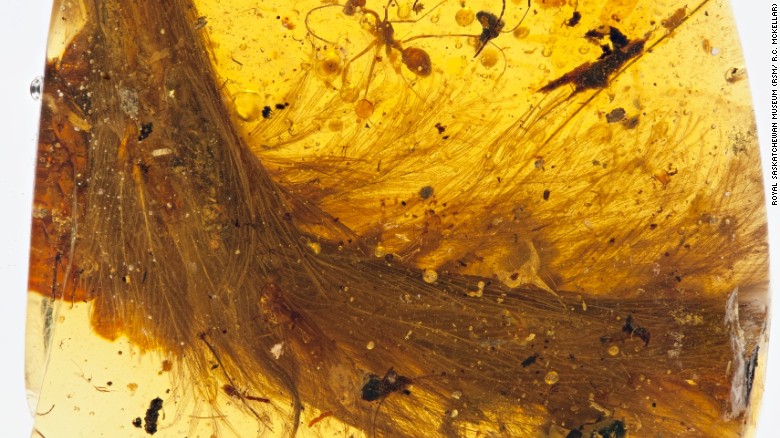Korean Superconducting Tokamak Advanced Research (KSTAR) scientists just maintained ‘high performance’ plasma in a stable state for 70 seconds this week– the longest ever recorded for this type of reaction.
via Another nuclear fusion record just got broken in South Korea – ScienceAlert.





 A
A